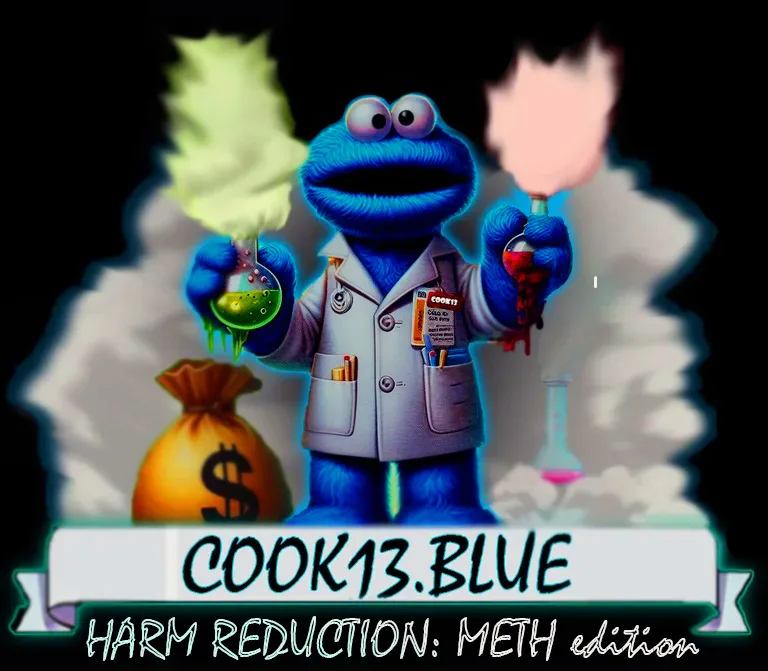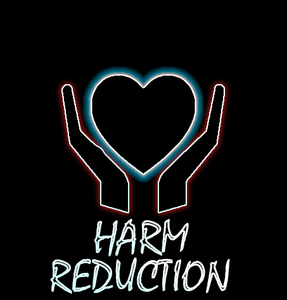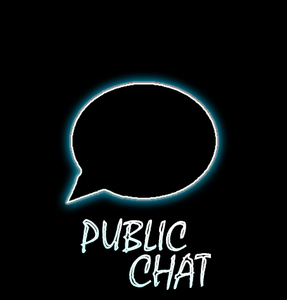Why Methamphetamine Might Stop Producing “High”
A Scientific Guide to Blunted Effects & Recovery
Methamphetamine is known for its intense euphoric effects—but sometimes, especially after prolonged or repeated use, users find the feeling simply disappears. No rush, no buzz, just…nothing. This isn’t a mystery. It’s a convergence of biology, psychology, and health factors. Here’s why it happens—and how recovery begins.
Understanding Methamphetamine Tolerance and Recovery
Methamphetamine tolerance develops when repeated use causes the brain to adapt, requiring higher doses to achieve the same euphoric effects. This is primarily due to overstimulation of dopamine and serotonin pathways—neurotransmitters responsible for pleasure, motivation, and mood.
When meth use stops, the brain enters a state of neurochemical depletion. Dopamine levels drop sharply, often leading to symptoms like fatigue, depression, and anhedonia (inability to feel pleasure). This phase is commonly referred to as the “dopamine crash.”
However, with sustained abstinence, the brain begins to recalibrate. Over time, dopamine receptor sensitivity may improve, and natural dopamine production can resume. Some researchers suggest a temporary “dopamine rebound” may occur, where levels briefly exceed baseline during recovery—but this phenomenon is still under investigation.
⚠️ Note: Recovery timelines vary. While some individuals report improvements within weeks, full neurochemical stabilization may take several months.
🧠 Brain Chemistry Breakdown
- Dopamine Depletion
Chronic meth use burns through dopamine stores. With nothing left to release, the “high” vanishes.- Receptor Desensitization
The brain adapts to overstimulation by turning down sensitivity. Receptors become less responsive.- Neuroinflammation
Oxidative stress and immune activation damage reward circuits in the brain.- Anhedonia & Adaptation
The brain lowers baseline pleasure to cope with overdrive—resulting in emotional numbness.- Genetic Resistance
Natural dopamine sensitivity varies by individual; some are biologically less responsive.
💤 Sleep & Circadian Damage
- Sleep Deprivation
Lack of sleep alters receptor availability and reduces stimulant effect.- Poor Sleep Architecture
Interrupted REM and deep sleep phases harm emotional regulation and reward processing.- Circadian Rhythm Disruption
Biological clock misalignment throws off neurotransmitter cycling.
🍽️ Nutritional Deficiencies & Metabolic Factors
- Low B Vitamins (B6, B12, Folate)
Needed for dopamine, serotonin, and norepinephrine synthesis.- Vitamin C & D Deficiency
Affects mood, immune response, and dopamine breakdown.- Magnesium & Zinc Deficiency
Modulates NMDA and dopamine function; low levels can increase fatigue and blunted affect.- Amino Acid Deficiency (Tyrosine, Tryptophan)
Precursors to neurotransmitters—without them, synthesis stalls.
🧘 Psychological & Environmental Influences
- Mood Disorders (Depression, Anxiety, PTSD)
These can suppress the brain’s ability to respond to pleasure, even chemically.- Stress & Unsafe Settings
Fear and tension override any reward signal the brain might receive.- Habituation & Expectation
Familiarity with context can reduce novelty and intensity; expectation shapes experience.
💊 Medical, Metabolic & Drug Interactions
- Drug Tolerance
Repeated use builds resistance—larger doses, same effect, until even that fades.- Liver Enzyme Variation (CYP2D6)
Alters how meth is broken down and its perceived intensity.- Medication Conflicts
Antipsychotics and some antidepressants block dopamine receptors or mute stimulant response.- Impure Products
Street meth usually contains fillers, other chemicals, or non-stimulant adulterants.
🛤️ The Recovery Reset: What Can Be Rebuilt
🧠 Rewire Neurochemistry
- Dopamine receptor recovery – takes months, but it’s possible.
- Nutritional repletion (B vitamins, amino acids, magnesium, omega-3s) supports healing.
- Exercise & enriched environments promote new neuron growth.
😴 Restore Sleep
- Regulated bedtime supports neurotransmitter cycling.
- Treating sleep apnea, insomnia, or circadian issues restores reward processing.
🍽️ Rebuild Nutritional Balance
- Protein-rich diets, whole grains, leafy greens, and healthy fats fuel neurotransmitter production.
- Testing for deficiencies (iron, vitamin D, thyroid issues) guides recovery.
🧘 Heal Emotionally
- CBT, EMDR, motivational therapy reshape thought patterns and address trauma.
- Social connection boosts oxytocin and dopamine naturally.
- Treating underlying mood issues lifts the brain’s ability to feel joy again.
💊 Recovery Support
| Supplement | Role |
|---|---|
| Tyrosine | Dopamine precursor |
| NAC (N-acetylcysteine) | Reduces cravings, supports glutamate balance |
| Omega-3s | Reduces neuroinflammation |
| Magnesium | Calms nervous system |
| Vitamin B Complex | Supports neurotransmitter synthesis |
👉 Always use supplements under medical supervision
💬 Key Takeaway
A missing high isn’t just a disappointment—it’s a signal. The brain is overwhelmed, depleted, or protecting itself. Recovery is a biological reset, not just abstinence. Sleep, nutrition, emotional support, and professional care all help the brain slowly restore its capacity for pleasure, clarity, and drive.
🔗 Related Insights: Boosting & Bypassing Meth Tolerance
As methamphetamine use continues, many users experience a frustrating decline in its euphoric effects. This isn’t just about dopamine depletion—it’s also about how the body adapts and builds resistance. If you’re curious about strategies people use to counteract this, this guide on hacking meth tolerance breaks down the most common methods, from supplement stacks to timing tricks.
On the flip side, some users turn to metabolic modifiers like piperine (from black pepper) and grapefruit to intensify meth’s effects. These substances can influence enzyme activity and drug absorption, sometimes dramatically. Learn more in this deep dive into meth potentiators, which explores how these compounds interact with stimulant metabolism.






Awesome! Very knowledgeable, thanks dude!